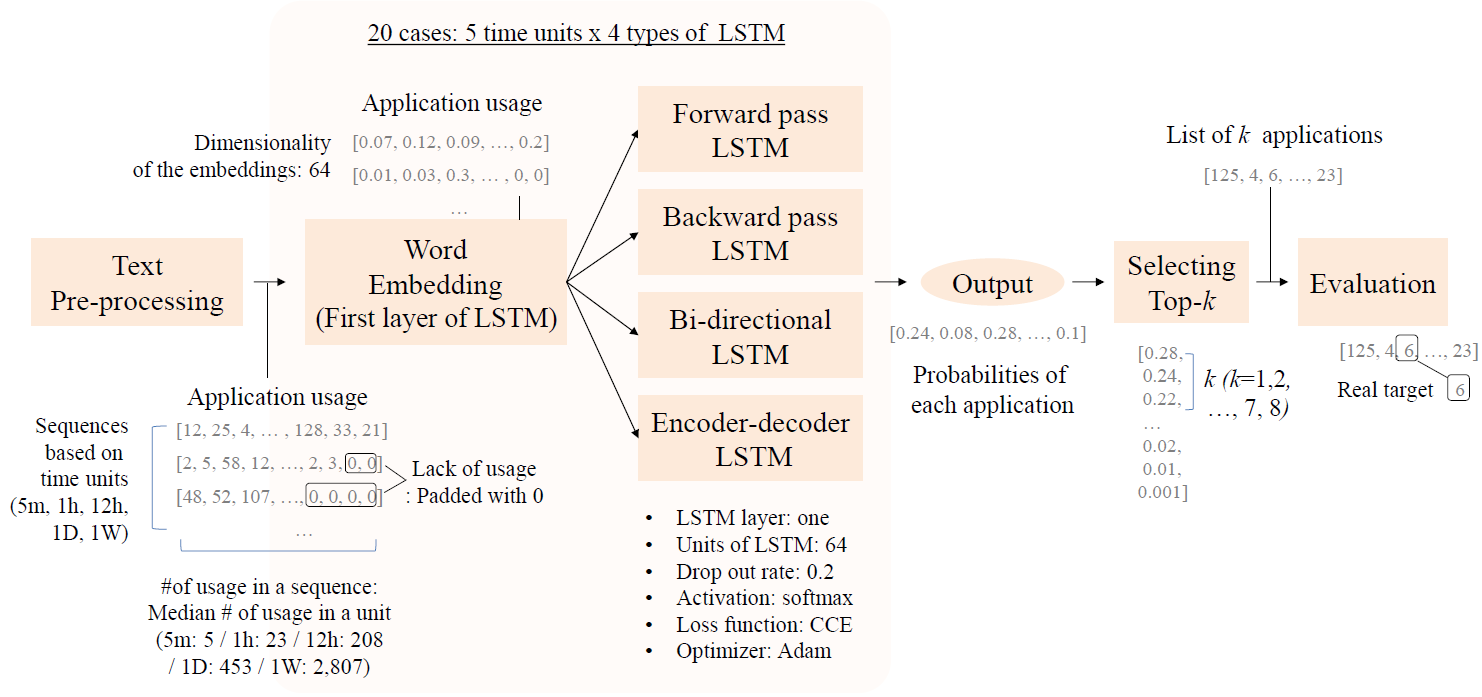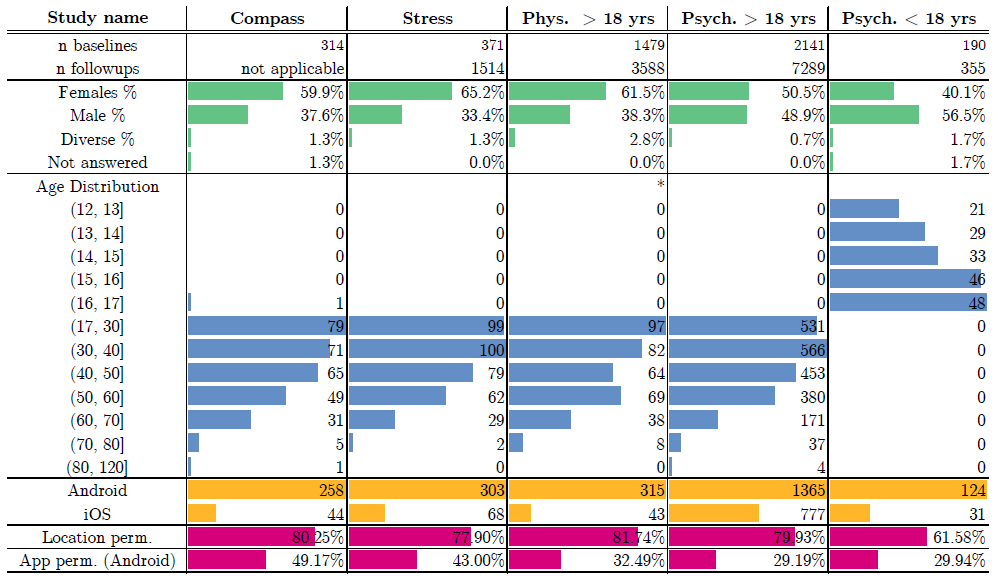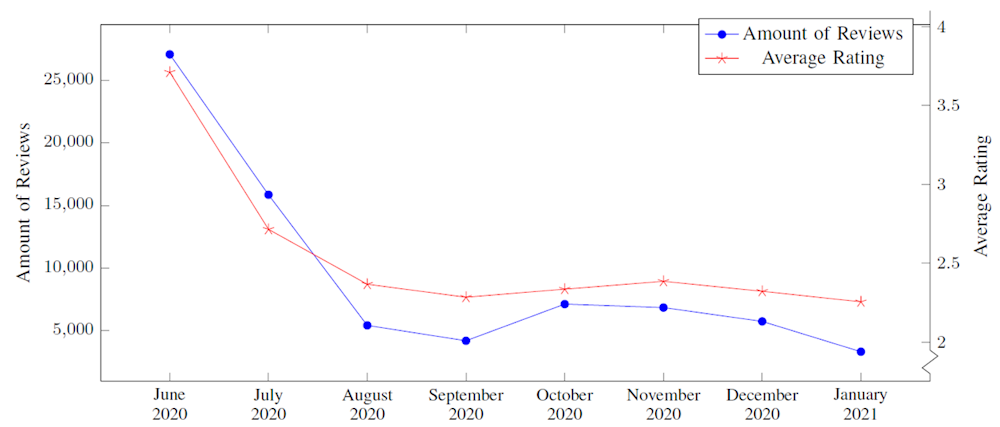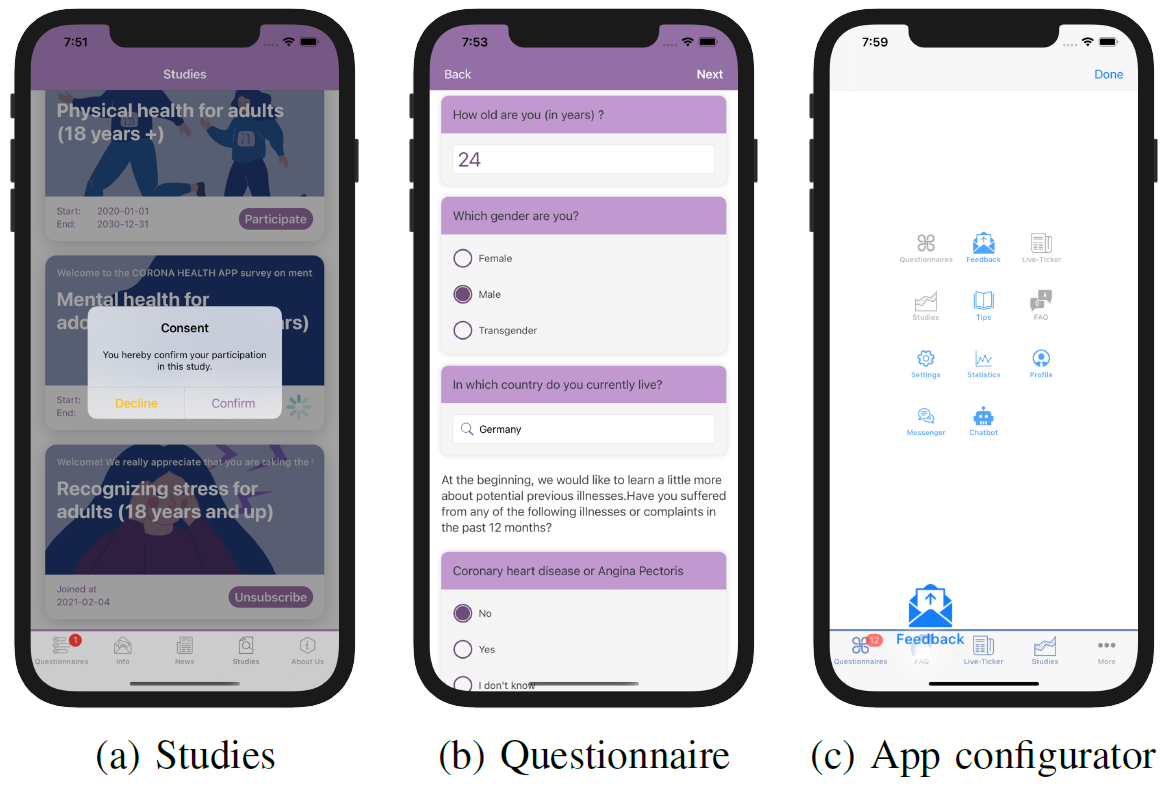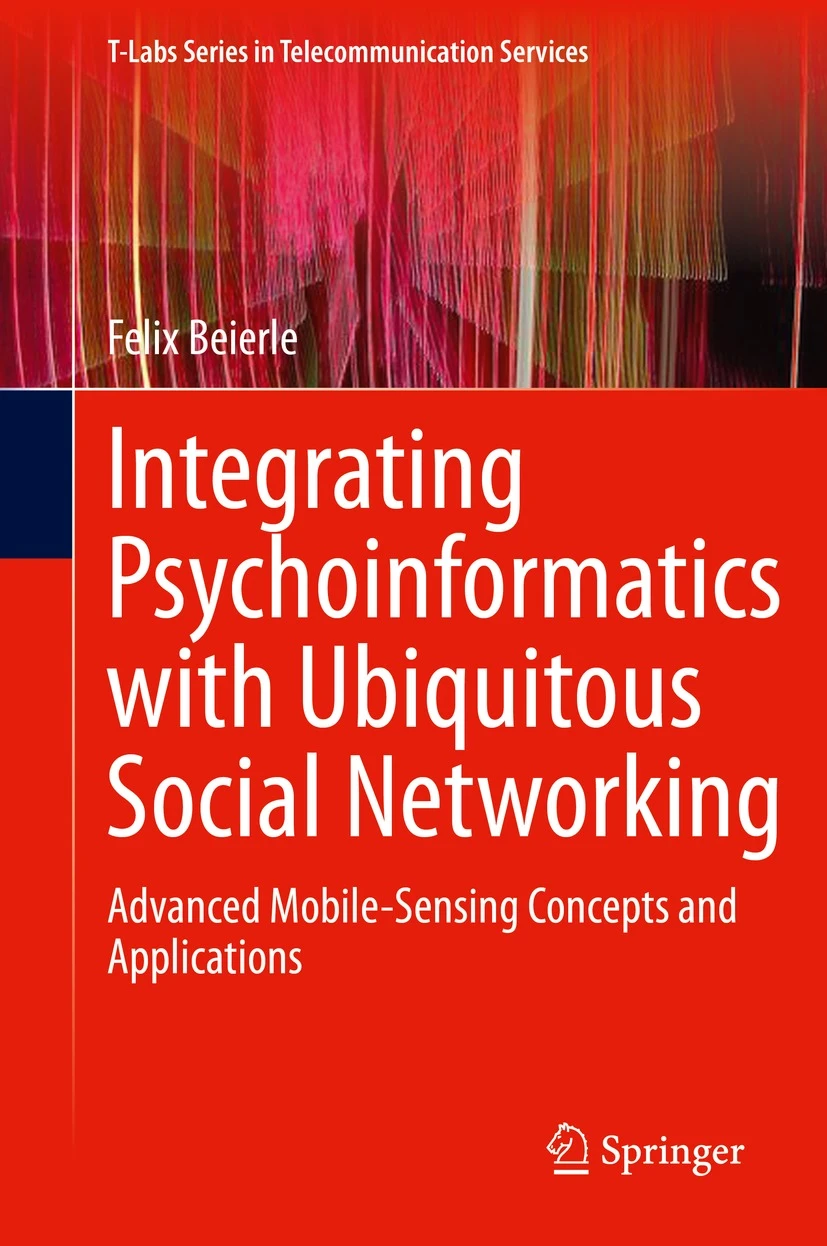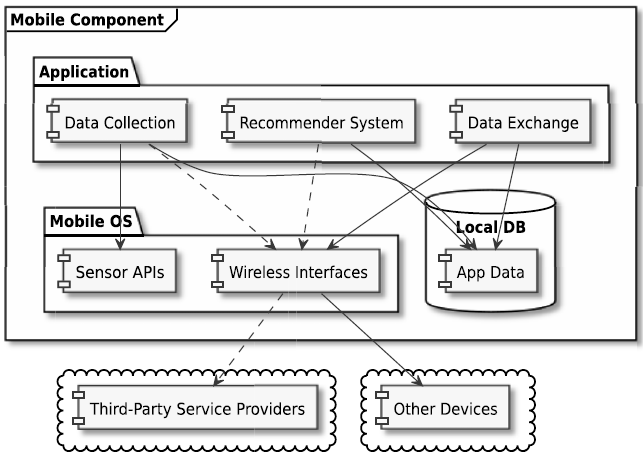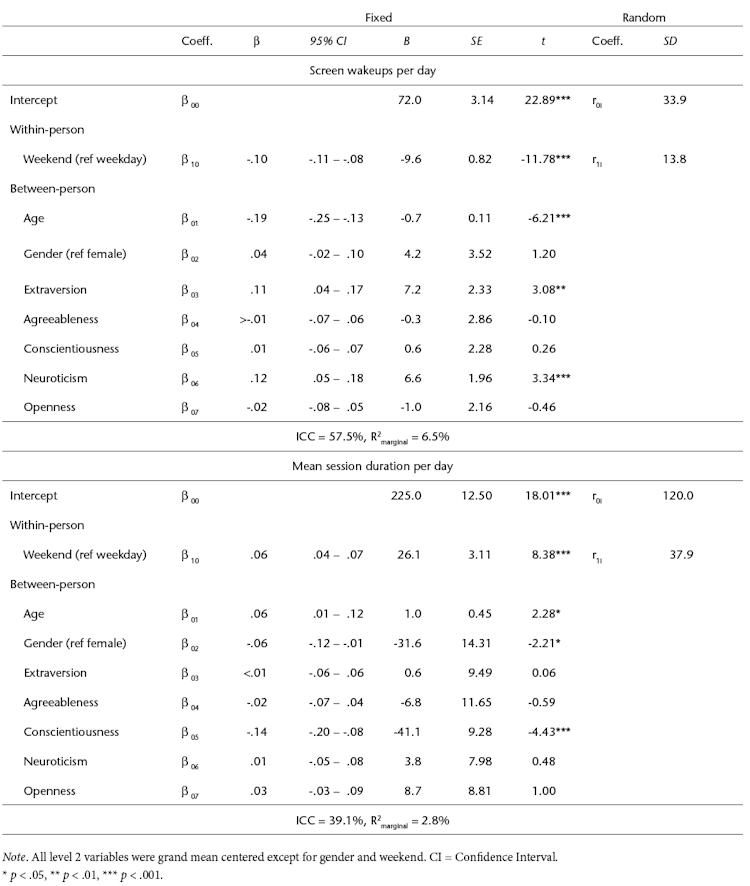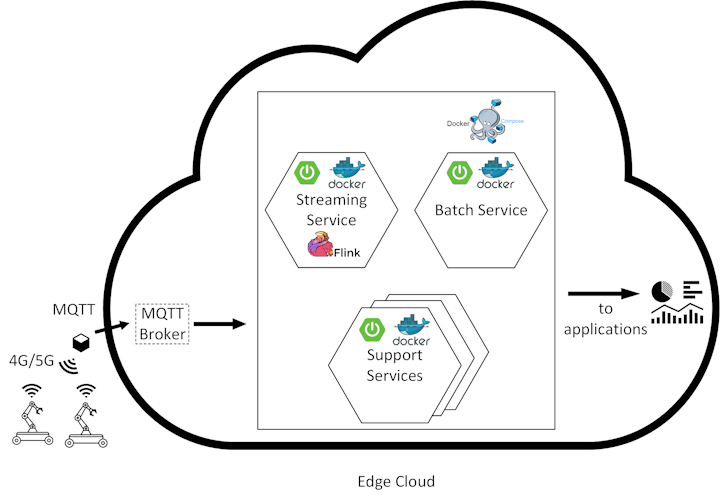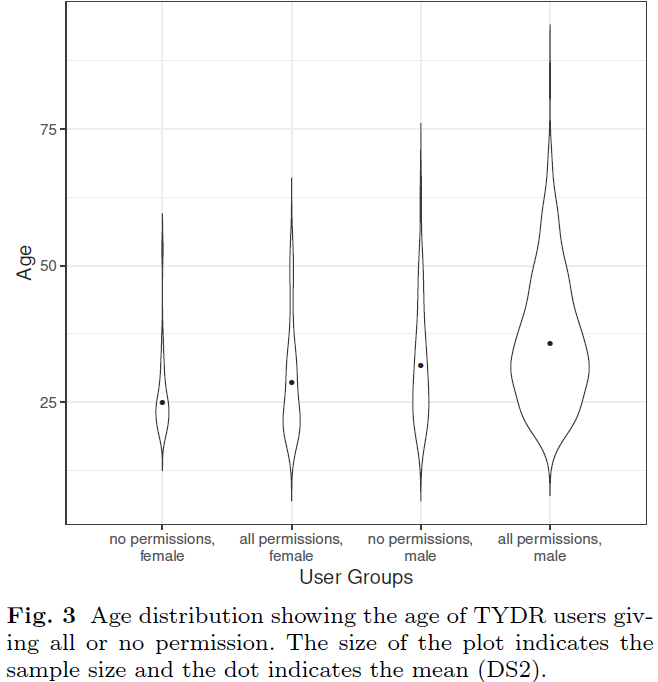WhatsNextApp: LSTM-Based Next-App Prediction With App Usage Sequences
Next app prediction can help enhance user interface design, pre-loading of apps, and network optimizations. Prior work has explored this topic, utilizing multiple different approaches but challenges like the user cold-start problem, data sparsity, and privacy concerns related to contextual data like location histories, persist. The user cold-start problem occurs when a user has recently … Read more
